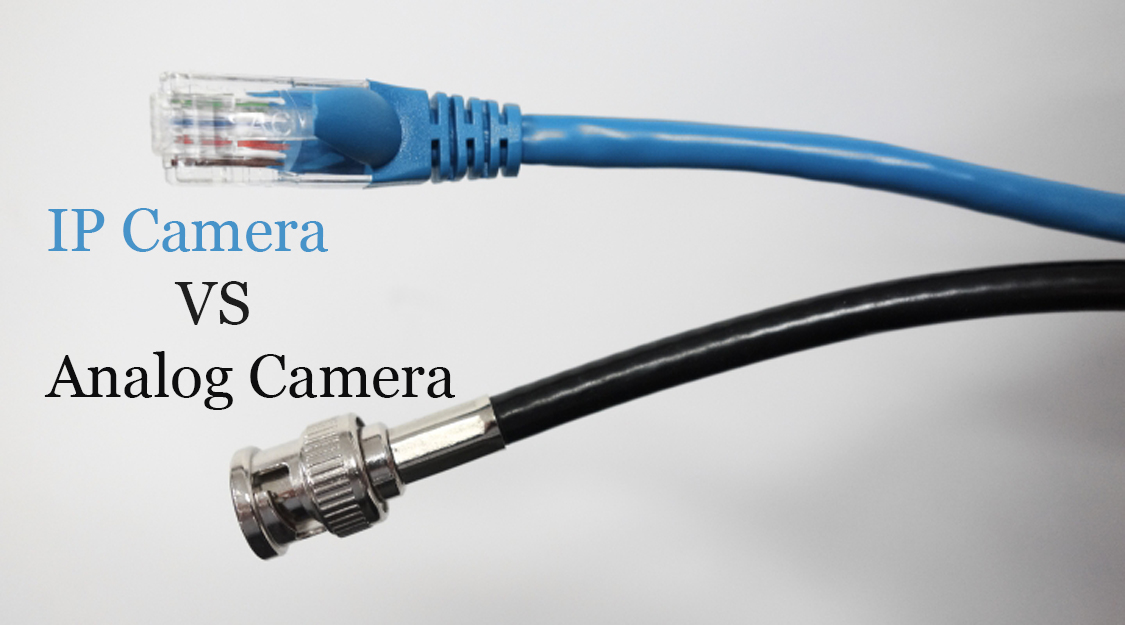You might think that all security cameras are the same, but there are significant differences in the technology behind them. Broadly, there are two main types of security camera available today – analog and IP camera.
An analog camera is the traditional kind of camera, capturing footage and transmitting it through an AV cable. If it is a live feed, the footage can be displayed on a monitor, and also can be recorded onto tape, DVD,or similar. There may even be a recording system built directly into the camera itself, and many modern systems make use of DVR.
About IP Camera
IP cameras are versions of these cameras that operate over the Internet Protocol (IP). This means that these devices are connected to a local or wide area network by use of internet data transfer methods, although they don’t have to be directly connected to the internet itself unless you intend to view them from a distant location.
They often produce much higher resolution footage than analog cameras and can transmit their data via a wire or wirelessly. Recent technological developments have gradually increased the video resolution of analog cameras, but they still struggle to match the clarity and framerate of their digital counterparts.
The footage on an IP camera is not usually directly stored on the camera itself. If the camera is destroyed or damaged, the footage won’t be lost, as it is stored away from the camera on a computer system.
This computer system may not even be in the same building as there is no cabling limitation. All the data is digital and can therefore be transferred easily over a network or the internet, so you can monitor events as they happen from an entirely remote location.The data can be recorded onto a hard drive which will allow you to review earlier footage while continuing to record live events, something which can be difficult with an analog system.
Further, IP cameras can send data that is encrypted. Using an analog signal prevents any kind of encryption and leaves the footage from the cameras open to snooping. Encrypted data is very hard (if not impossible) to unscramble by unauthorized viewers.
However, analog cameras tend to cost less than IP cameras, so if your decision is primarily budget-driven you may want to go with analog. This is not to say that IP cameras are particularly expensive, just that they cost more than analog cameras.
The remote monitoring and recording benefits, coupled with the higher resolution and encryption, almost certainly make up for this discrepancy.


